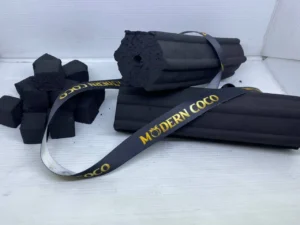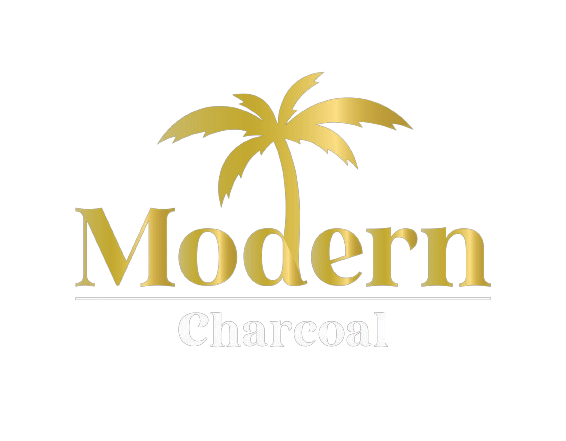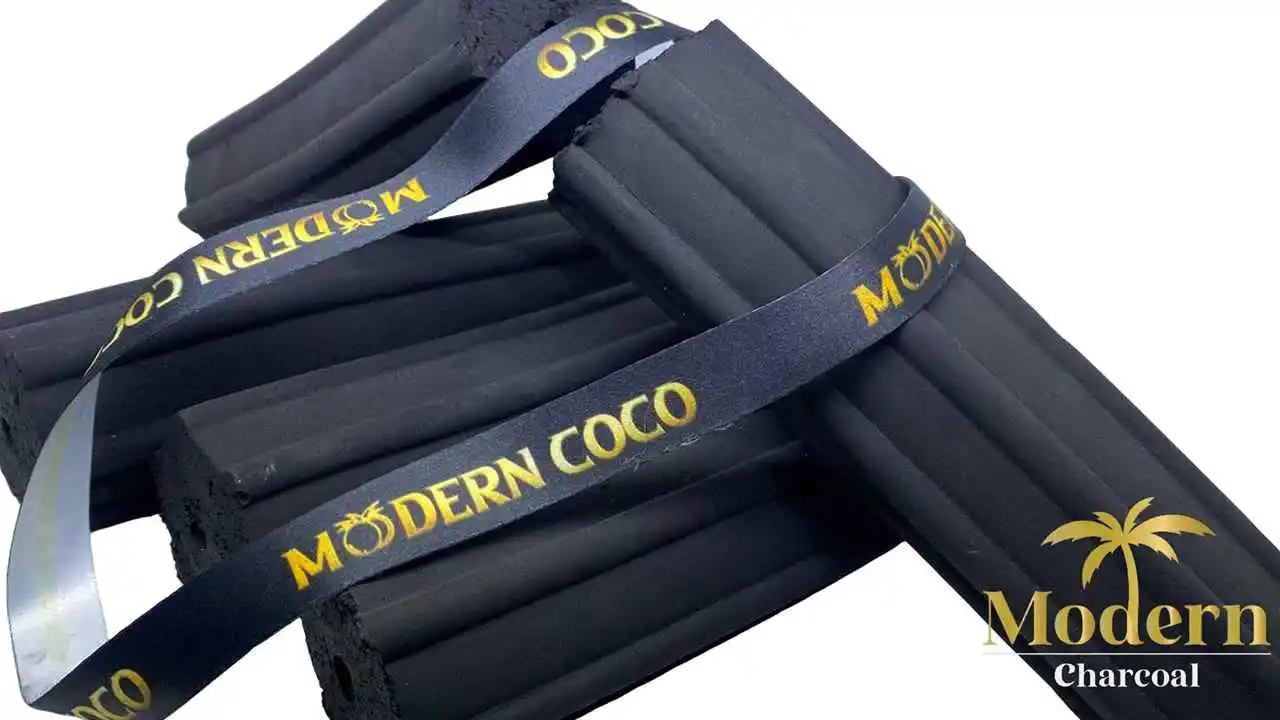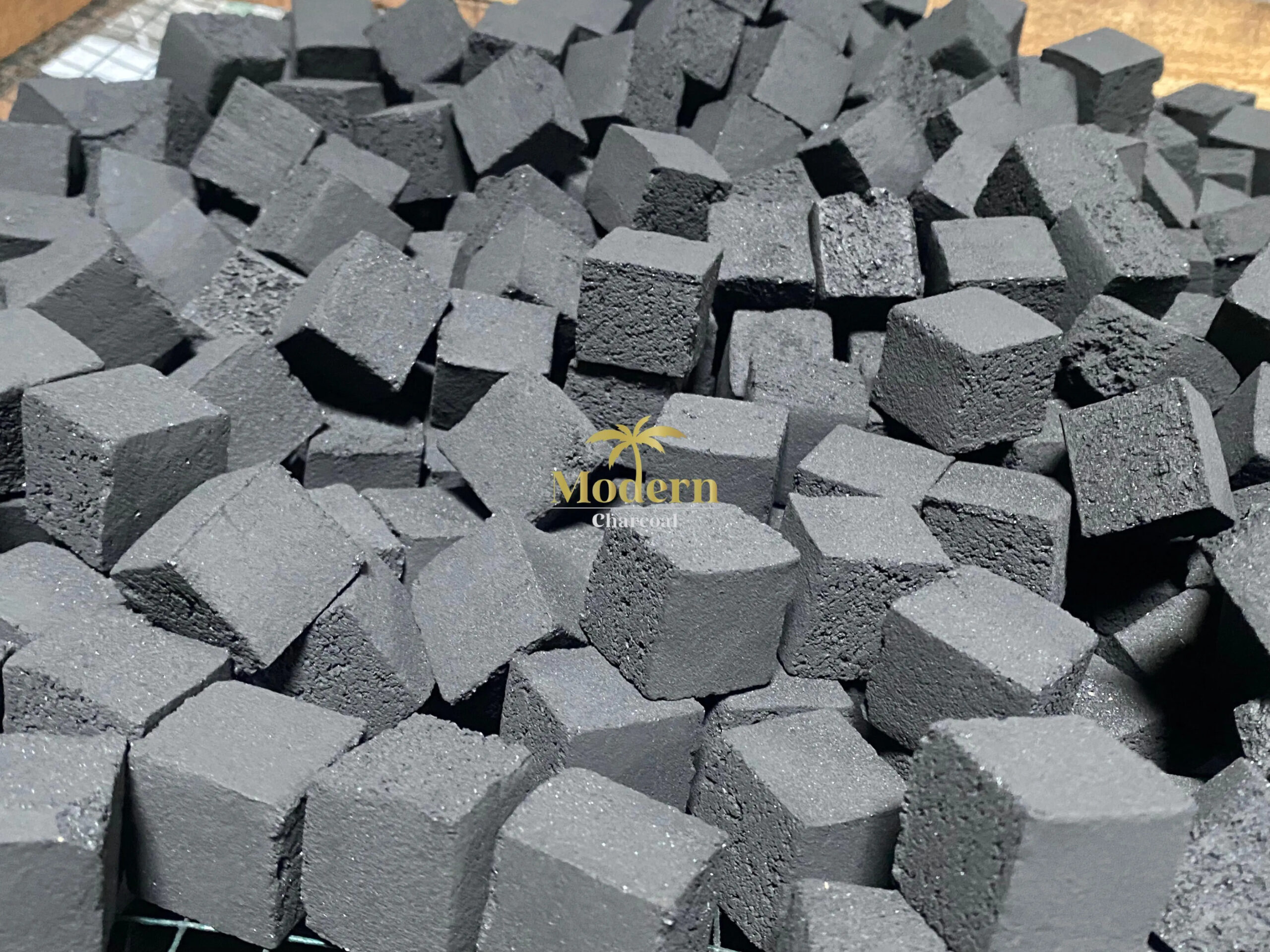When it comes to choosing the right type of charcoal for grilling or smoking, the decision often boils down to hardwood briquettes and coconut charcoal briquettes. Both hardwood briquettes vs charcoal briquettes have their unique advantages and applications, making them favorites among barbecue enthusiasts and professionals alike. This article will dive into the characteristics, benefits, and drawbacks of both hardwood briquettes and coconut charcoal briquettes to help you make an informed decision.

Hardwood Briquettes: The Traditional Choice
Hardwood briquettes are a classic choice for barbecuing, made from compressed sawdust and wood scraps. These briquettes are known for their consistent size and shape, which ensures uniform cooking temperatures. The Best Hardwood Briquettes for Sustainable and Efficient Heating as the demand for sustainable and efficient heating solutions increases, hardwood briquettes have gained popularity among homeowners and professionals alike. These compacted blocks of wood waste offer a cleaner, more sustainable alternative to traditional firewood and coal, providing consistent heat and minimal environmental impact. In this article, we explore the best hardwood briquettes on the market, considering factors such as burn time, heat output, sustainability, and value for money.
Here are the key aspects of hardwood briquettes:
Advantages
– Consistent Heat: Hardwood briquettes provide a stable and consistent heat output, making them ideal for grilling and smoking.
– Long Burning Time: They tend to burn for a longer period, allowing for extended cooking sessions without the need to frequently add more briquettes.
– Availability: Widely available in stores, hardwood briquettes are easy to find for your next barbecue session.
Drawbacks
– Chemical Additives: Some brands use chemical binders and fillers, which can impart an undesirable flavor to the food.
– Ash Production: Hardwood briquettes produce a significant amount of ash, which can be cumbersome to clean up after cooking.
Coconut Charcoal Briquettes: The Eco-Friendly Alternative
Coconut charcoal briquettes are made from the shells of coconuts, making them a more sustainable and eco-friendly option. Coconut Briquette Charcoal from Indonesia one of the best premium briquettes. Indonesia, an archipelago nation with a rich tapestry of cultures and resources, is making significant strides in the global market with an eco-friendly product that is both sustainable and highly effective: coconut briquette charcoal. This form of charcoal, derived from the shells of coconuts, is gaining popularity worldwide for its environmental benefits and superior qualities compared to traditional wood charcoal. This article delves into the production, advantages, and global impact of Indonesian coconut briquette charcoal. They have gained popularity for their environmental benefits and unique qualities:
Advantages
– Eco-Friendly: Utilizing a waste product of the coconut industry, these briquettes are a more sustainable choice.
– Low Ash Production: Coconut charcoal produces less ash compared to hardwood, simplifying cleanup.
– Chemical-Free: Most coconut charcoal briquettes are made without chemical binders, offering a cleaner burn and preventing unwanted flavors on the food.
– High Heat: They can burn hotter than hardwood briquettes, which is ideal for searing meats.
Drawbacks
– Cost: Generally, coconut charcoal is more expensive than its hardwood counterpart due to the production process and sourcing.
– Availability: It might be harder to find coconut charcoal briquettes in local stores, although they are increasingly available online.
Making the Right Choice
When deciding between hardwood and coconut charcoal briquettes, consider the following factors:
– Type of Cooking: If you’re planning a long, slow cook, hardwood briquettes might be your best bet. For high-heat grilling, coconut charcoal can offer the intense heat you need.
– Environmental Impact: If sustainability is a key concern for you, coconut charcoal briquettes are the clear winner.
– Budget: Hardwood briquettes are more budget-friendly, but if you’re willing to invest a bit more for an eco-friendly option that provides a cleaner taste, coconut charcoal is worth the price.
Coconut charcoal briquettes are an eco-friendly alternative to traditional wood charcoal, utilizing the waste product of coconut shells that would otherwise be discarded. These briquettes are popular for barbecues, as they burn longer and more consistently than wood charcoal, and are considered a more sustainable option. Below is a comprehensive guide on how to make coconut charcoal briquettes.
In conclusion
, both hardwood and coconut charcoal briquettes have their place in the world of barbecuing. Your choice should be guided by your cooking style, environmental consciousness, and budget. By understanding the benefits and limitations of each type, you can enhance your grilling experience and enjoy delicious, perfectly cooked meals every time.



